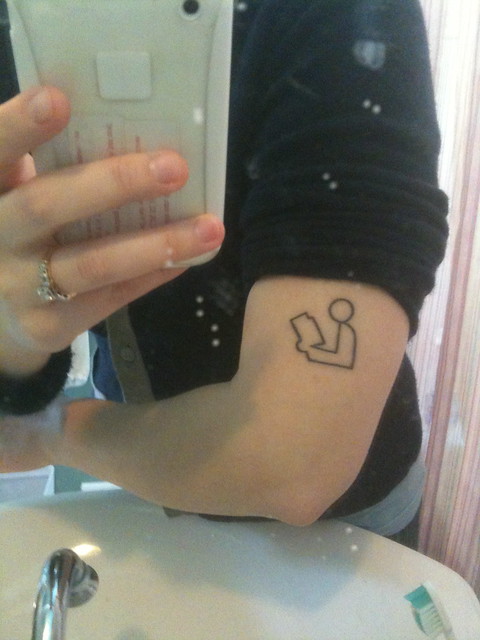It's inevitable, we get negative feedback from our volunteers. Staff hears the complaints, they get annoyed as they try to placate the complainer(s). In other words, they respond to the complaints by assuming the worst: 1) that a majority of volunteers feel the same way; or 2) if a volunteer is griping, (s)he probably has nothing positive to offer.
Let us consider two cases where that assumption was seriously misleading...
The Case of the Appreciative but Silent Volunteers:
In recent years, this association had been barraged with complaints from the Chairs of its special interest committees. In response, the staff made a systematic and concerted effort to make needed improvements. However, there wasn't much in the way of positive feedback from the Chairs. The staff assumed the volunteers were either unaware, unappreciative or just impossible to please.
Guess what? The staff was wrong. When I conducted phone interviews with the Chairs, a very different picture emerged. Many of the Chairs were aware and appreciative of the improvements. They had many positive comments about staff performance. Aha! The phone interviews gave them the chance to provide feedback.This reassured staff that they were on the right track and confirmed that staff and volunteers were in sync about what next steps were needed.
The Case of the Commercial Members Who Griped but Just Wanted to Help:
For this association, the problem was a continual set of gripes from a core of their Commercial Members (these were folks who were long time members and, therefore, were deeply involved). Once again, a set of phone interviews revealed a more hopeful picture. The CMs, who sold to the association's institutional members, wanted a greater sense of inclusion as part of the professional community but felt left out.
Guess what? When I spoke to the executives of these institutions their outlook was: "We know there is a core of CMs who have made a great contribution to the profession and the association. We are concerned because the association has failed to recognize that adequately." As a result, a task group of CMs and institutional members was convened to improve the relationship.Volunteers who had been gripers were now problem solvers.
It's probably an immutable law: there will always be complaints and negative feedback from volunteers. After all, you can't please all the volunteers all the time! The best, most professional way to respond to griping is to:
- Gather the facts, find out what the majority of volunteers really think and feel (i.e., don't assume the complainers represent the majority)
- Report your findings back to the volunteers so everyone is on the same page.
- Ask for help. Tell your volunteers you want to improve things and request their help (e.g., a volunteer task force).
- Deliver!
The Bottom-Line: Don't assume the worst when you hear a complaint from a volunteer. It doesn't do any good for your morale or the morale of the rest of your staff. Get the facts and stick to what you should be doing in the first place: strategies and activities that benefit the member and engage the volunteer.
'nuff said!
For more articles on working with volunteers, click here!






